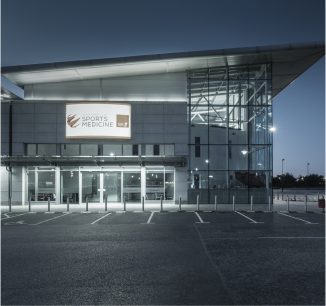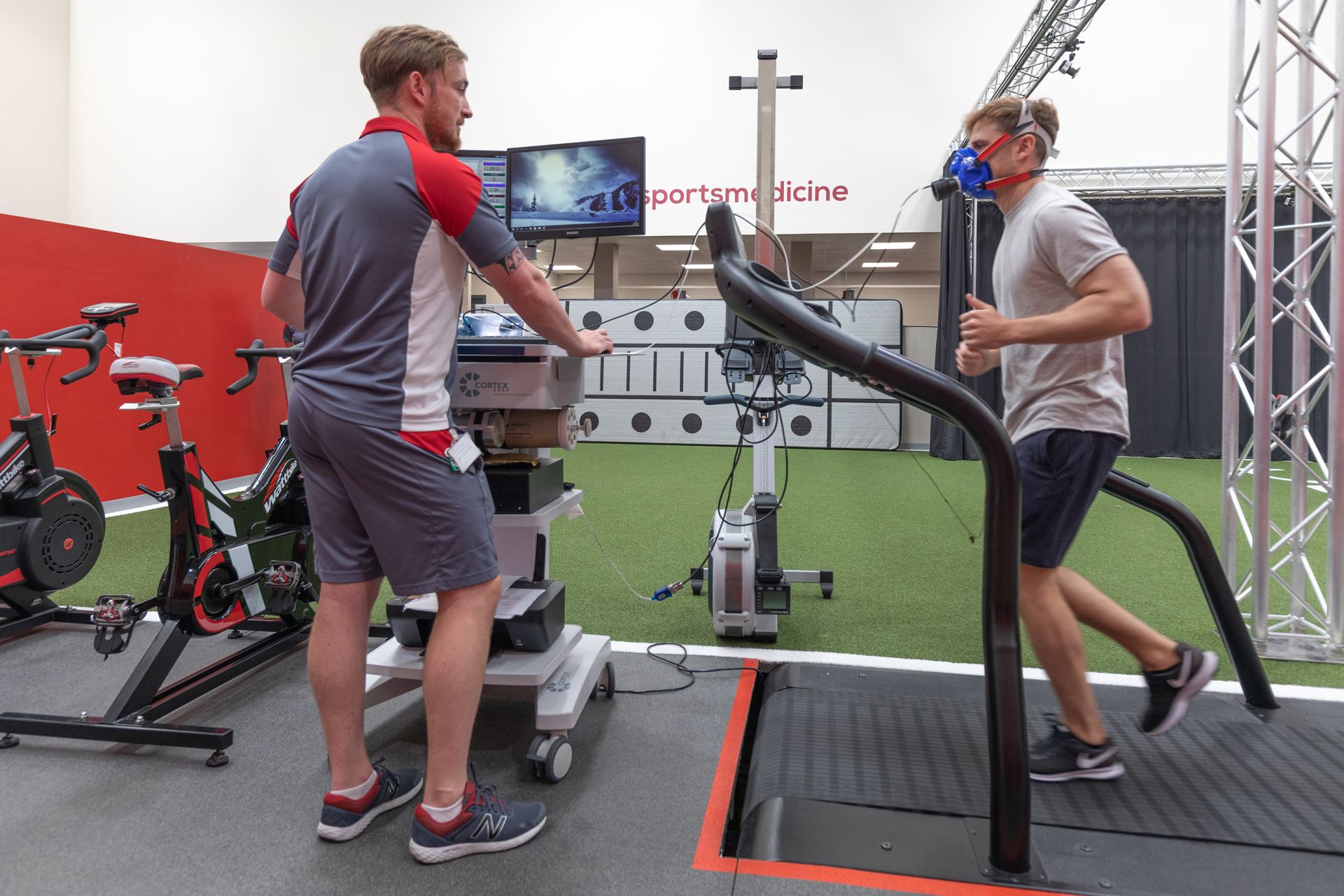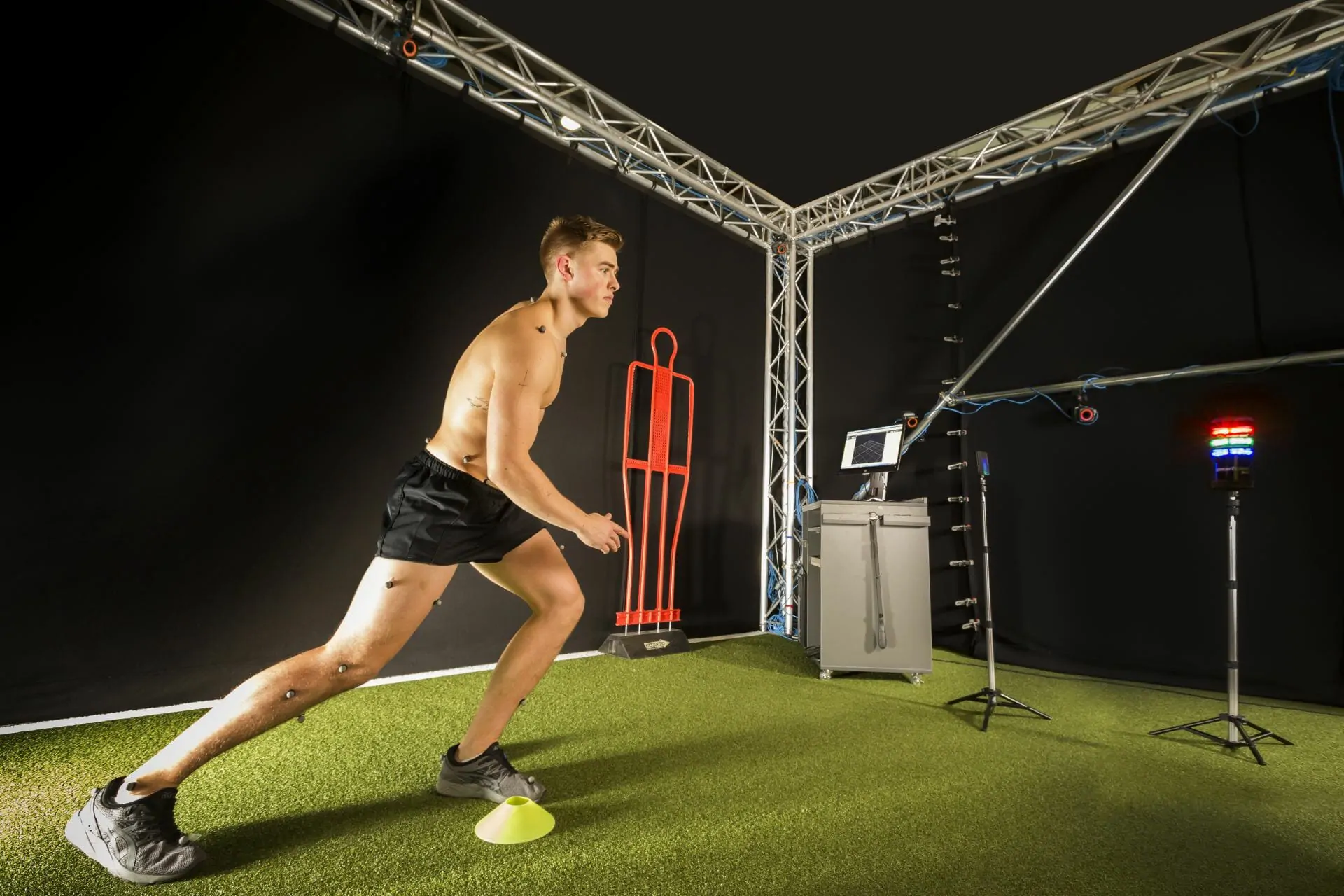Magnetic Resonance Imaging (MRI) is a type of scan that uses powerful magnets and radio waves to acquire detailed images of the structures inside the body.
The strength of the MRI machine is measured in Tesla. The higher the strength the more detailed the images that can be achieved.
At SSC, we have three 3.0 Tesla MRI scanners which are capable of producing images of the highest quality
MRI scanners are particularly well suited to imaging the soft tissues of the body including the brain, spinal cord and nerves, as well as muscles, joints, ligaments, cartilage and tendons.
The MRI scanner is an arched structure that is wide open at both ends. It is well lit and ventilated.
Radiation: There are no known health risks associated with having an MRI scan because unlike x-rays, MRI does not use ionising (x-ray) radiation.
Implanted Medical Devices: Some devices and implants are unsafe for MRI and some require scanning under specific MRI conditions. Each device will have to be verified prior to the scan to make sure it is safe to proceed. The make and model of the device may be required in advance All patients are screened prior to having an MRI to ensure it is safe to proceed.
Metallic Foreign Objects: The magnet poses a risk for patients who have metal fragments in the eyes or skin. These may be dislodged or heat significantly during the scan and cause serious harm. An x-ray may be required prior to the scan.
On arrival: Check-in at the Diagnostic Imaging reception. You will be given an MRI safety questionnaire to complete.
Once checked in: You will be directed to the MRI waiting area. One of the Radiology team will prepare you for the scan. For your own safety, all metallic objects have to be removed prior to entering the magnet room. Lockers are provided. Depending on the type of scan, you may need to change into a hospital gown.
Before the Scan: A radiographer will carry out your scan. Prior to entering the magnet room the radiographer will review your safety questionnaire and explain in detail what to expect. This is an ideal opportunity to ask questions or express concerns.
The MRI scan: For the majority of scans you will be required to lie on your back on a cushioned table. Once comfortable, the table is moved very slowly under the magnet opening. The radiographer will communicate with you throughout the exam via an intercom. You will be given a call bell so you have contact with the radiographer at all times.
There will be a loud knocking noise so you will be provided with hearing protection. For the majority of scans, you will be offered a choice of music.
It is essential to stay absolutely still because even slight movements can cause blurring of the images. This is likely to impede diagnosis.
Your MRI scan will be reported by a Consultant Radiologist with sub-speciality expertise.
Your referring physician should receive the report within 48 hours of the completion of your scan.
How long does an MRI scan take?
It takes a minimum of 20mins. It can take up to an hour depending on what examinations have been requested by your referrer.
Does MRI require having an injection?
On rare occasions, an injection of MRI contrast (dye) called gadolinium is required to give added information. This is a small injection into the arm. It is not always possible to know in advance if you will require an injection.
The radiographer will provide you with all the necessary information on the day.
What if I am claustrophobic?
The scanner is open at both ends. Our radiographers will guide you through the scan by communicating with you all the time.
Please advise us if you are in any way nervous or claustrophobic.
Can I take a sedative?
Yes, if you feel this might be necessary for you. You need to organise this with your own doctor prior to the appointment.
Is it safe to have an MRI if I am pregnant?
MRI is not recommended during pregnancy except in exceptional circumstances.
At SSC MRI is not carried out on patients who are pregnant or think they might be.
Is it safe to have a scan if I am breastfeeding?
It is totally safe to have an MRI while breastfeeding however if you require an injection of MRI contrast it is recommended you wait 24 hours before beginning to breast feed again.
A referral letter from a Medical Practitioner is required to make an appointment.
You can email your referral (or take a picture and email that) directly to radiology@sportssurgeryclinic.com or call 01 526 2060.
The powerful MRI Magnet is always ON
For safety reasons, the removal of all metallic and electronic items is mandatory. These include:
- Hearing Aids
- Jewellery
- Piercings
- Watches
- Fitness Trackers
- Metallic Hair Extensions
It may not be possible to proceed with the scan if you are unable to remove these items.
What to wear: It is advisable to wear comfortable clothing without metal zippers, safety pins, studs or buckles. Preferably, leave your valuables at home.
What to tell us: Please contact us in advance if you have:
- any Implanted medical devices
- at any time had metal in your eyes or skin
- any disabilities or specific needs
What to bring: It is important to bring any relevant scans and reports that relate to this procedure.
Please arrive 15 minutes before your appointed time to allow for preparation. You may continue to eat, drink and take medication as normal unless otherwise instructed.














